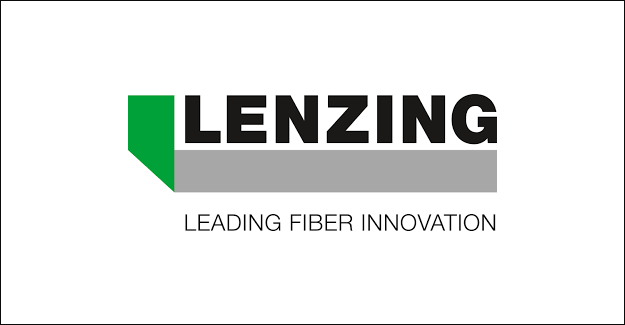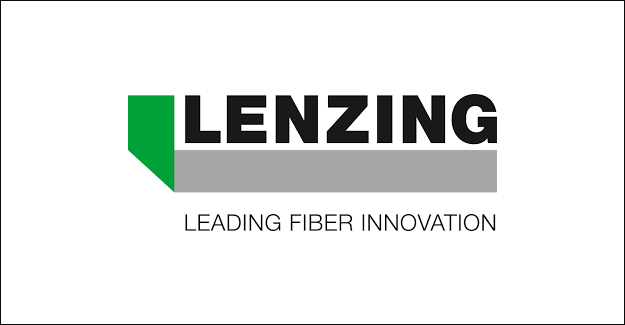
2017 Proves Historic Year For Lenzing Group’s Profitline
Very strong balance sheet and improved return on capital
The return on capital employed (ROCE) increased to 18.6 percent compared to 15.1 percent in 2016 and adjusted equity increased by 9.9 percent to EUR 1.53 bn from the prior-year level of EUR 1.39 bn. Accordingly, the adjusted equity ratio improved to 61.2 percent (December 31, 2016: 53 percent). Despite higher capital expenditures net financial debt continued to remain at a very low level, totaling EUR 66.8 mn at the end of 2017 (December 31, 2016: EUR 7.2 mn).
CAPEX investments more than doubled
The capital expenditures (CAPEX) of the Lenzing Group more than doubled in 2017 to EUR 238.8 mn from EUR 107.2 mn in light of the capacity expansions. The increase in working capital, primarily due to the discontinuation of the factoring program, resulted in an operating cash flow in 2017 of EUR 271.1 mn down from EUR 473.4 mn in 2016.
Total expenditures for research and development, calculated according to the Frascati method, amounted to EUR 55.4 mn in the 2017 financial year (2016: EUR 46.4 mn), putting Lenzing in the top ranks of the industry both in absolute terms as well as in relation to revenue.
Sustainability driven innovation power
In 2017, the Lenzing Group presented a number of game changing sustainability innovations, that underline the ongoing transformation of Lenzing into a genuine specialist player focused on high-quality botanic materials made from the sustainable raw material wood. The introduction of TENCELTM branded lyocell fibers with REFIBRATM technology at the Première Vision trade fair in Paris in February and the launch of LENZINGTM ECOVEROTM branded viscose fibers in May were followed by the presentation of TENCELTM Luxe branded lyocell filaments. TENCELTM Luxe will open new markets for the company and for its customers and partners and will allow the company to further participate in the premium segment of the fabrics market. With the help of TENCELTM Luxe filaments Lenzing supports customers of the premium luxury fashion industry to improve their ecological footprint.
Investment program in progress
The Lenzing Group aims to increase the share of specialty fibers as a percentage of revenue to 50 percent by 2020. Next to the capacity expansion in Heiligenkreuz (Austria), to be completed in the second quarter of 2018, and the new plant in Mobile, Alabama (USA), with a start-up in 2019, Lenzing announced its intention to construct the next world-scale plant to produce LENZINGTM branded lyocell fibers in Thailand. Page 3 of 5
Focus on customer intimacy
In September 2017, the Lenzing Group opened a new textile application innovation center (AIC) in Hong Kong, thus setting a further milestone in strengthening its innovation offering to all partners along the value chain. New applications for LENZINGTM fibers will be developed and tested at the AIC. Furthermore, new sales and marketing offices were opened in Turkey and South Korea in the first half of 2017. The direct contact to customers and well-equipped showrooms featuring products made of LENZINGTM fibers serve as the basis for providing even better customer support.
New brand architecture
Lenzing will sharpen its corporate and product portfolio profile for customers and partners as well as consumers as a sustainable innovation leader. Consequently Lenzing decided in 2017 on a new brand strategy. The backbone of the new brand strategy is a brand architecture focused on fewer brands and a strong message to consumers.
Outlook
The International Monetary Fund expects a further acceleration in global economic growth to 3.7 percent in 2018. However, growing protectionist tendencies in the political arena represent a source of uncertainty. Export-oriented companies in the Eurozone will also be faced with an additional challenge from the currency environment.
Developments on the fiber markets should also be positive in 2018, but with continuing volatility. Cotton prices are expected to remain at the current level and inventory levels should be constant despite the increase in production. Polyester fiber prices increased in recent quarters following years of historic lows.
The wood-based cellulose fiber segment, which is relevant for Lenzing, should see further strong demand. After years of moderate capacity expansion in the viscose sector, significant additional volumes can be expected to enter the market in 2018. The Lenzing Group is very well positioned in this market environment with its sCore TEN corporate strategy and will continue the consistent focus on growth with specialty fibers.
The Lenzing Group sees a number of, in part contradictory, factors which limit the visibility over fiber prices in 2018. The prices for several key raw materials, e.g. caustic soda, remain at a very high level and their further development is difficult to estimate. These general conditions are expected to form the basis for a challenging market environment in the standard viscose fiber business during the coming quarters; coupled with anticipated negative exchange rate fluctuations, the Lenzing Group expects its results for 2018 to be lower than the outstanding results in the last two years.

Textile Excellence
If you wish to Subscribe to Textile Excellence Print Edition, kindly fill in the below form and we shall get back to you with details.












